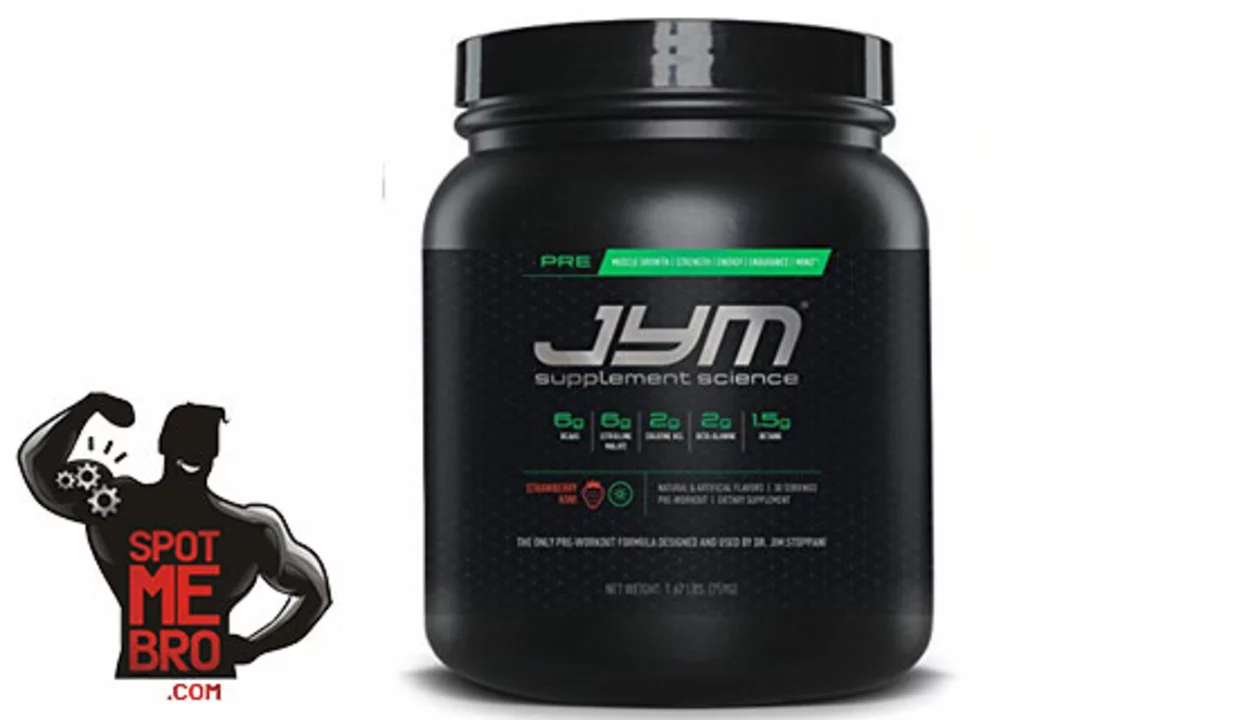Science: Practical Drug Guides, Safety, and Research
Want straight facts about medications, supplements, and how they’re studied? This tag groups clear, useful articles that explain drug actions, risks, and real-world safety tips. You’ll find pieces on buying meds online safely, comparing treatments, and simple explainers of how common drugs work — all written so you can act on the info today.
Here’s what this science tag helps you do: pick safer online pharmacies, spot red flags in listings, learn alternatives if a drug doesn’t work for you, and handle everyday situations like travel or side effects. For example, read practical buying guides like “How to Safely Buy Montelukast Online” or safety breakdowns such as “Pred Forte Eye Drops: Complete Guide.” These posts focus on what to check, not just theory.
How to use these articles right now
Start by scanning the quick tips near the top of each article — they usually tell you the biggest safety points at a glance. If you’re thinking of ordering medication, look for verification details (pharmacy license, contact info, secure checkout) and compare prices across trusted sources. When a post discusses side effects or drug interactions, pay attention to the specific warning signs listed and whether the advice suggests calling a clinician or adjusting dosage.
Need alternatives? We break them down with pros and cons so you can bring smart questions to your provider. Articles like “10 Alternatives to Ipratropium” or “Exploring Valtrex Alternatives” list realistic substitutes and what trade-offs to expect, such as differences in side effects, dosing, or availability.
Safety, buying, and real-life tips
If you order across borders, read “Importation Rules for Prescription Medications” for up-to-date limits and documentation tips. For travel, see pieces like “Doctor Advice: How to Handle Air Travel When Taking Eliquis” — those give concrete plans for missed doses and packing meds. And when a medication needs special handling, our guides (for instance on Forxiga, Xyzal, or Trimethoprim/Sulfamethoxazole) explain storage, monitoring, and what follow-up tests might be required.
We also cover supplements and plant remedies with a science-first approach. Want the lowdown on something trendy like Tree of Heaven or Asparagus Racemosus? Expect evidence summaries, common uses, and clear safety notes so you don’t guess about interactions or dosing.
One quick reading habit: check the article date and look for references or sourced claims. If a post links to clinical guidance or regulators, that’s a good sign. If you’re unsure after reading, save the article and bring it to your clinician — a short, focused question based on our summary makes appointments more productive.
This tag is for people who want practical, evidence-aware help with medicines and supplements. Browse the posts, use the quick-check tips, and reach out to a healthcare professional when treatment decisions matter. If you want help finding a specific article here, tell me what you’re looking for and I’ll point you to the best reads.

The Science Behind Parsnip Supplements: What Makes This Dietary Aid So Effective?
I recently came across an interesting topic about parsnip supplements and the science behind their effectiveness. It turns out that parsnips are packed with essential nutrients, like vitamins, minerals, and antioxidants, which can provide numerous health benefits. For instance, these supplements can aid in digestion, boost immune function, and even help in weight management. I was pleasantly surprised by how versatile this humble root vegetable can be in supporting our overall health. If you're looking for a natural dietary aid, you might want to consider giving parsnip supplements a try!

The Science Behind Yerba Mansa: Why This Dietary Supplement is a Game Changer
I recently came across Yerba Mansa, a dietary supplement that's making waves in the health and wellness community. The science behind it is what really caught my attention, as it's been proven to have various health benefits. This game changer is packed with antioxidants, anti-inflammatory properties, and immune-boosting effects. Not only that, but it can also help improve digestion and support liver health. I'm amazed by the potential of Yerba Mansa and can't wait to see how it impacts the world of dietary supplements!
